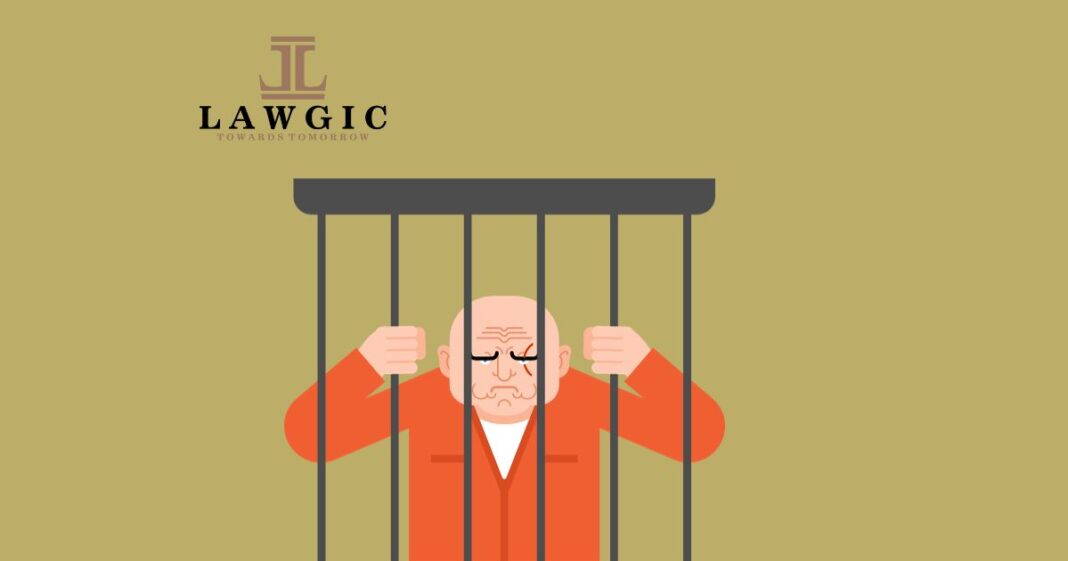Case Title: Kundan Singh v The State Govt of NCT Delhi
A single bench of Justice Swarana Kanta Sharma of Delhi High Court has held that the right to parenthood and procreation is a fundamental right of a convict in peculiar circumstances of a case under Article 21.
“Judiciary in Bharat, has always stubbornly refused to hold that prisoners have no fundamental rights, this Court following the same tradition as handed over by judges of the Hon’ble Apex Court and this Court respectfully takes the intent to interpret the constitutional rights in favour of upholding and including new situations and challenges holds that right to parenthood and procreation is fundamental right of a convict in peculiar circumstances of a case,”
The bench has clarified that while the right being discussed is not absolute, its application must be context-dependent, considering factors such as the prisoner’s age and parental status. Adopting a fair and just approach in these situations is crucial to maintaining an appropriate balance between individual rights and broader societal considerations.
The Court was of the view that being convicted and imprisoned does limit many aspects of a married life but the courts must consider how denying parole to the convict will impact his future life in the light of the principle that punishment after conviction is not to punish but to reform.
Justice Sharma recently presided over a plea filed by Kundan Singh, who is currently serving a life sentence for murder. After spending 14 years in prison, Singh approached the court seeking permission to undergo certain medical tests and In-Vitro Fertilization (IVF) treatment. Singh, who is 41 years old, and his 38-year-old wife do not have a child and are keen on preserving their lineage via procreation.
Upon consideration of the case, Justice Sharma observed that although the Delhi Prison Rules, 2018 do not allow for the granting of parole on the grounds of procreation of children and parenthood, a Constitutional court is not precluded from providing such relief.
“In this Court’s opinion, if the rules do not provide for a particular specific ground, it cannot bar a Constitutional Court to go beyond the specific mention of a ground and can, in the facts and circumstances of a case, interpret and adjudicate a prayer before it by referring to the intent and content of the Rules and the practical context in which they need to be interpreted,”.
The bench, therefore, granted Singh parole for four weeks subject to certain conditions.


